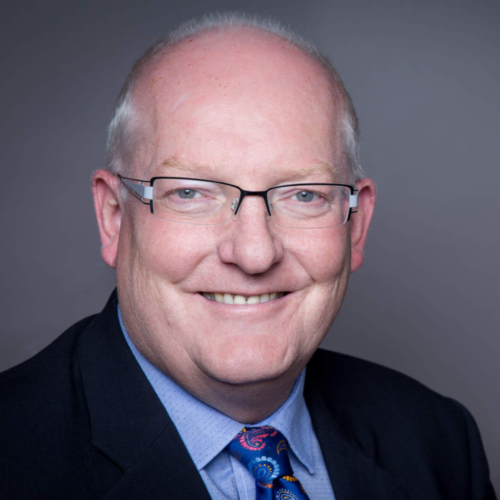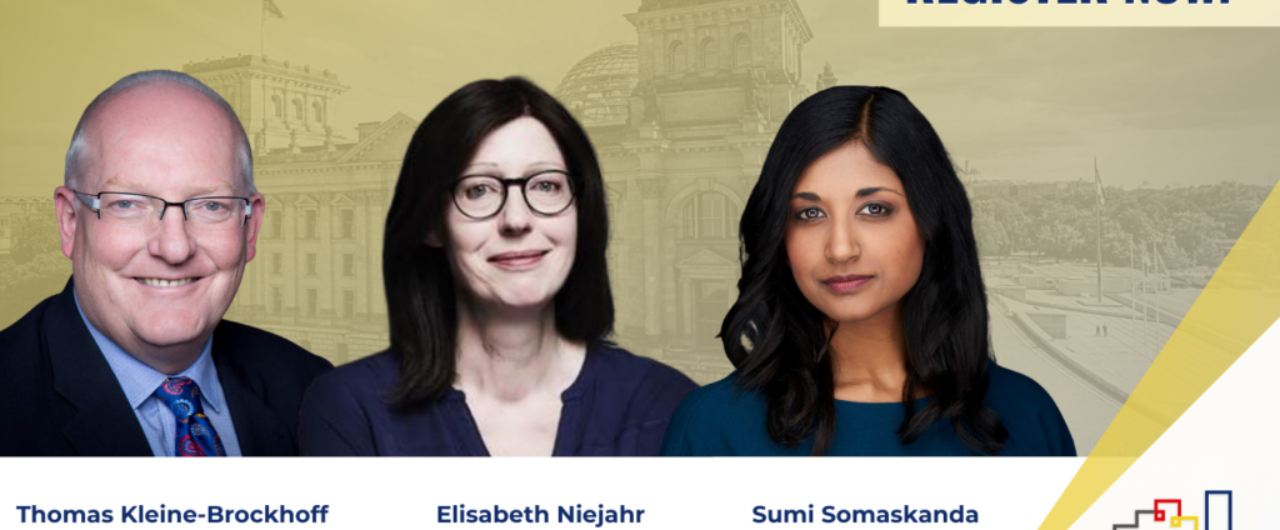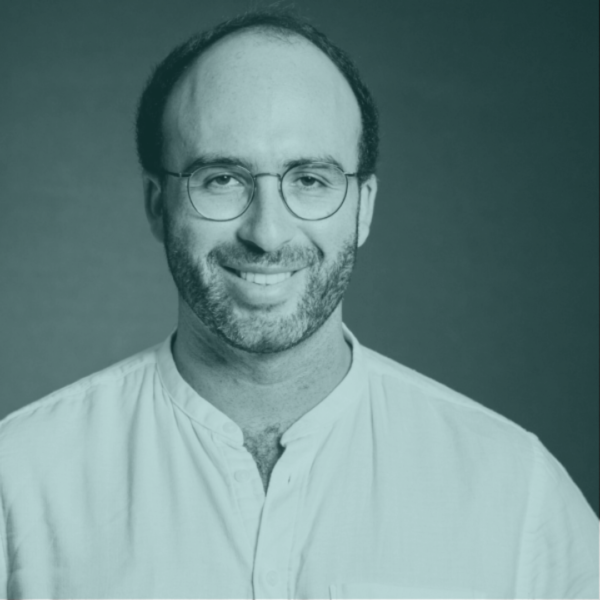Join us for an online panel discussion with Elisabeth Niejahr, Thomas Kleine-Brockhoff and moderator Sumi Somaskanda on Wednesday, 15 September 2021, 6:00 p.m. (Berlin), 12:00 p.m. (D.C.).
Germany’s federal election at the end of September is still wide open. But no matter which coalition will form the next government, one thing is certain: The end of the Angela Merkel era will bring big change – and may place transatlantic relations on a new footing. This panel discussion will delve deep into the defining issues of the elections and discuss what a new government would mean for US-German relations.
- How might the new government approach key domestic issues, from pension reform to digitalization, migration, and affordable living?
- How important of a role does the departure of Chancellor Merkel play in determining the country’s domestic and foreign policy?
- How will the new German administration team up with the US to tackle common challenges such as climate change as well as cyber security threats?
As part of our transatlantic dialogue New Urban Progress, the Alfred Herrhausen Gesellschaft together with the Progressive Policy Institute and Das Progressive Zentrum invite you to a discussion just before the German elections with:



Elisabeth Niejahr
Managing Director for the area “Strengthening Democracy”, Hertie Foundation and Sounding Board Member, New Urban Progress
Thomas Kleine-Brockhoff
Vice President, German Marshall Fund of the United States
Sumi Somaskanda (Moderation)
Senior News Anchor, DW News (Deutsche Welle)
Join us for a panel discussion on Wednesday, 15 September 2021, 6:00 p.m. (Berlin) 12:00 p.m. (D.C.), online. Opening remarks by Dr. Claudia Huber, Steering Committee Member, New Urban Progress & Head of Europe Programme, Alfred Herrhausen Gesellschaft Closing statement from Will Marshall, President, Progressive Policy Institute
New Urban Progress is the joint metro initiative of Das Progressive Zentrum, the Alfred Herrhausen Gesellschaft and the Progressive Policy Institute.
The project is supported by the Transatlantic Program of the Federal Republic of Germany and funded by the European Recovery Program (ERP) of the Federal Ministry of Economics and Energy (BMWi).



